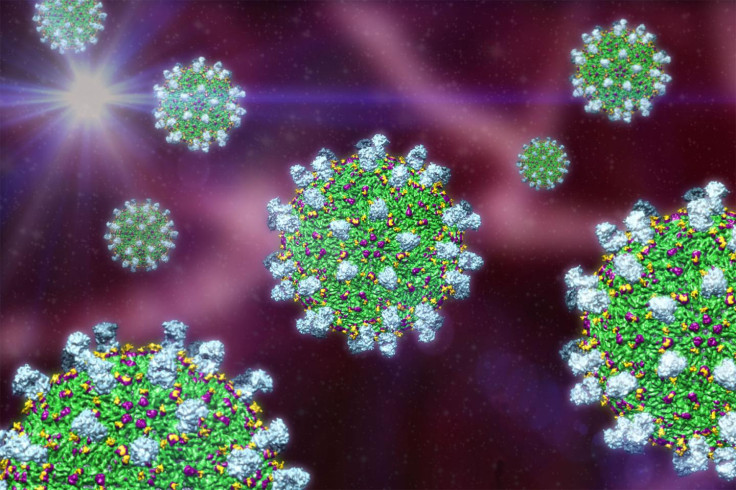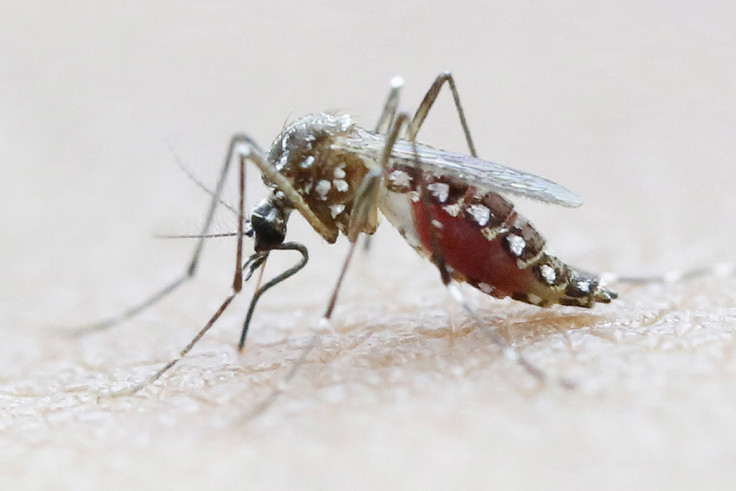Current Zika virus outbreak 'driven by dengue exposure'
Dengue antibodies do not properly bind to the Zika virus, leading to its replication.
Previous exposure to dengue fever may increase the potency of a Zika virus infection, scientists have said. This may explain why the current Zika outbreak has been so severe in regions of the world where dengue is prevalent.
The findings, published in the journal Nature Immunology, suggest pre-existing dengue antibodies can enhance a Zika infection through a phenomenon called 'antibody-dependent enhancement'.
Enhanced infection
The scientists, from the UK and France, describe how when someone is first infected by dengue, the immune system starts producing antibodies specifically designed to bind to the dengue virus - neutralising the pathogens and enabling the immune cells to destroy them.
If the same individual gets infected a second time, the antibodies are there and are able to react to the virus quicker. However, in the case of dengue fever, four different strains of the virus exist. Previous studies have shown that being infected for a second time with a different strain of the virus reduces the effectiveness of the immune response.
Indeed, the antibodies from the first infection will only partially bind to a different strain of virus, and so they cannot be killed off by the immune cells. The virus might in fact detach from the antibody and start replicating in the body – the process known as antibody-dependent enhancement.

Using antibodies collected from former dengue patients, the scientists have discovered that a similar process occurs when a person previously infected with the dengue virus is suddenly exposed to the Zika virus.
The dengue virus triggers the production of not one but many different antibodies, which bind to different areas of the virus. Due to similarities between both viruses, some of these antibodies recognise Zika. One of them in particular does so, but only partially binds to the virus. The virus is thus able to penetrate the immune cells more easily and to replicate thereby enhancing the infection.
Possible vaccine?

A separate study in the journal Nature however highlights a solution to this 'antibody-dependent enhancement' problem. While one of the antibodies can enhance the Zika virus infection, another one called EDE1 appears effective at neutralising the virus. Further research on this particular antibody could provide a potential target for a vaccine.
"These new studies suggest that prior infection with dengue doesn't offer any protection against Zika, and may in fact predispose people to a more severe infection. We can't say yet whether this interaction is playing a role in the current outbreak, but if confirmed it's likely to have important implications for the control and global spread of Zika, and for the development of any vaccine for the virus", concluded Dr Jeremy Farrar, Director of the Wellcome Trust, which funded the study.
EMBARGO 23-JUN-2016 16:00
© Copyright IBTimes 2025. All rights reserved.






















